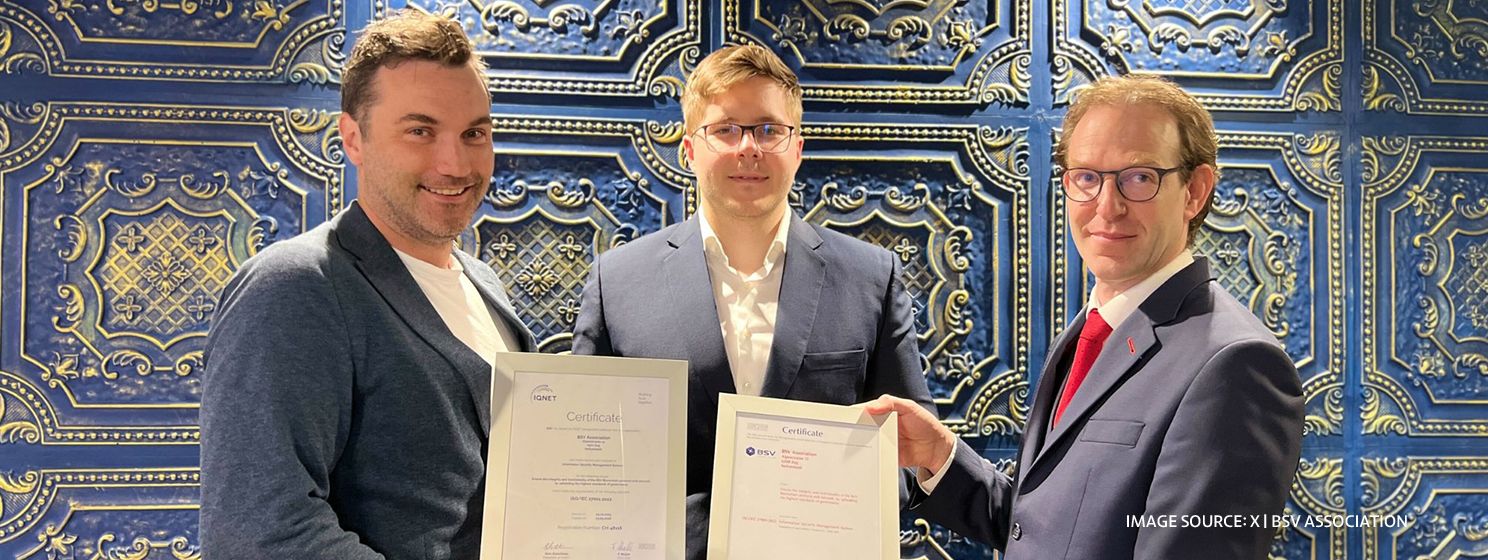|
Getting your Trinity Audio player ready...
|
Abu Dhabi Global Markets (ADGM) Courts are now relying on distributed ledger technology (DLT), or blockchain, to streamline their operations and help parties obtain justice.
The ADGM Courts operate as an independent authority with the duty to adjudicate civil and commercial matters in AL Maryah Island, Abu Dhabi’s financial free zone. Linda Fitz-Alan, CEO of ADGM Courts, hailed the pivoting to DLT as one that could change the face of legal proceedings in the country and the entire Gulf region.
“Our vision has always been to massively transform the delivery of judicial services through technology. Our focus has now turned to enforcement to respond to the pressing needs of the international business community, and to drive sustainable change for the justice sector. This trailblazing introduction of blockchain technology for commercial courts underscores ADGM and ADGM Courts’ reputation as leaders in the digitisation of justice,” Fitz-Alan said.
Before the switch to DLT, legal processes in the United Arab Emirates had been marred by delays between judgment and enforcement, given the bureaucratic bottlenecks of the sector. The legal sector, especially commercial dispute resolution, has had to grapple with the high filing costs and the long wait to receive a certified copy of the judgment to initiate the enforcement procedure.
“Secure, immutable judgments will be immediately available to parties and enforcing courts, via ADGM’s website, an API or directly on the blockchain for member courts,” read the press statement.
ADGM began operations in 2015, and its activities since then have augmented Abu Dhabi’s status as the leading financial hub in the MENA region. It operates an international regulatory framework with a strong reliance on the English Common Law, the most widespread legal system in the world.
The UAE is becoming a digital asset paradise
The United Arab Emirates has been turning into a hub for DLT and digital assets in recent months, with the ruling government driving the ambitions. One area that the government is paying keen attention to is the metaverse, having created an office of the Ministry of Economy in the metaverse that offers similar services to its real-life office.
The Emirate of Dubai previously unveiled its metaverse strategy that comprises the creation of 40,000 virtual jobs by 2030. Aside from the forays in the metaverse, the region’s government has been attracting digital asset service providers, urging them to open offices in the country through several incentives.
Watch: The BSV Global Blockchain Convention presentation, Making Blockchain Easy for Real World Use

 09-10-2025
09-10-2025 





